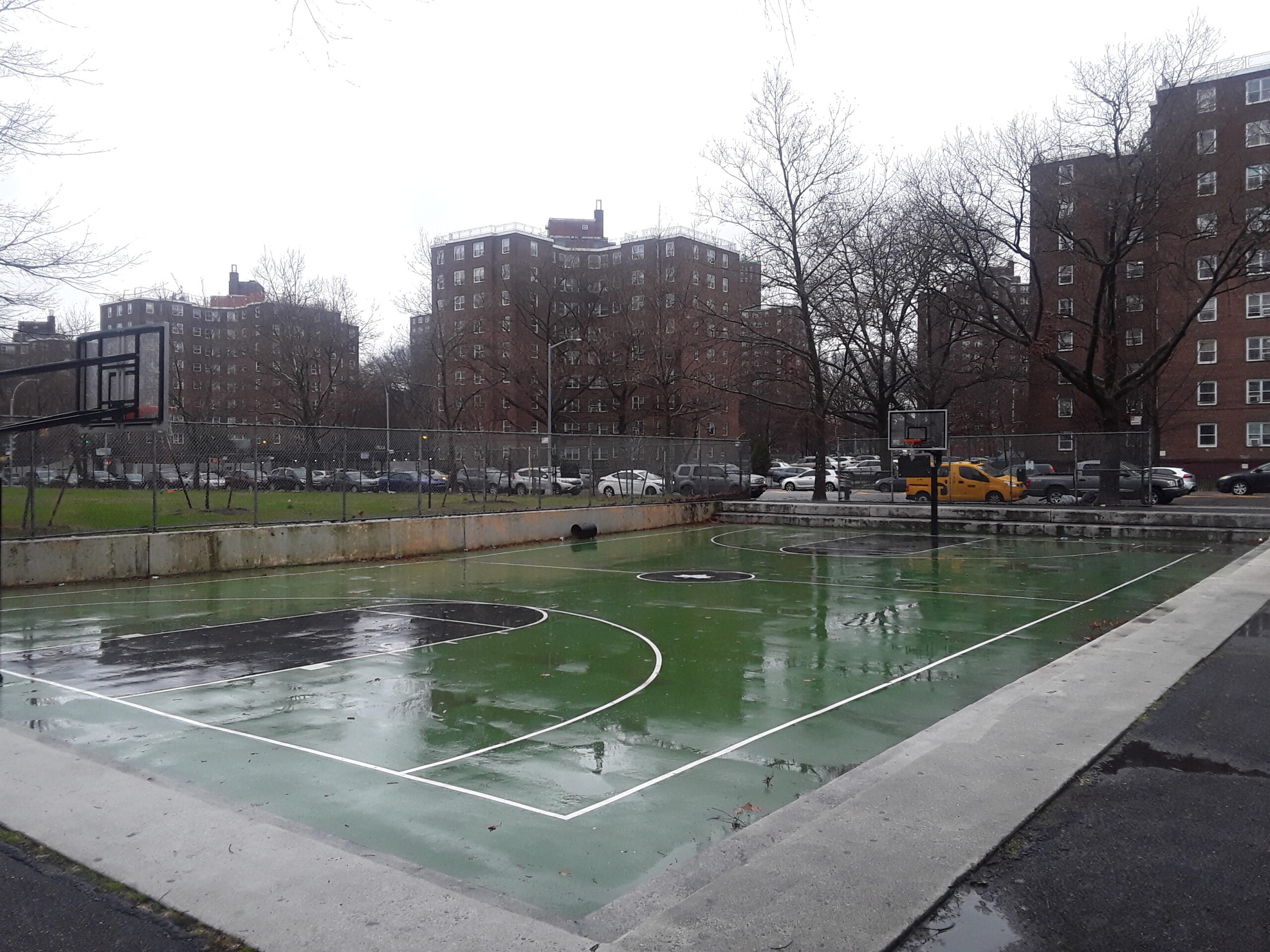Through the storefront window,
laden in dust and dead shadows,
rests the remains of what was once
a hub of human civilization;
not of the orderly sort,
no flowery memories of better times—
the hood knew no green gardens—
just beer cans, cigarettes, and rust.
But even those days,
before grime became grimier
and God closed his eyes and ears
to all the tears and prayers,
before my uncle—long dead—came back to life
without eyeballs, nose, or even skin,
before the bombs were dropped
and dogs preferred dogfood over human flesh,
the days where dudes picked fights with you just because,
and girls preferred money over flowers,
a time when one had to have a knife whenever outside,
not because they would need it,
but because the potential for trouble was always there—
now, it’s needed needed—
even those days, garbage-littering-every-corner-days, were better than this.
Creeping through the old building,
looking more mausoleum than bodega,
a can of old SpaghettiOs rattles against my beat-up Nikes,
clinking clangs climbing and clinging corner to corner,
echoing, telling whoever, whatever, that some idiot is in the building,
a fool who thinks he could find
something lost to him long ago;
however, no alarm rises
and the fool continues his fool’s errand,
swatting away milky cobwebs
so thick and grey that one needs more than a few swings
to be able to tell wall from empty air.
Behind the counter, where a register—now an extinct species—
left deep imprints in the wood,
brown gum wrappers swarm,
gathering in a static mess and
coated in mold,
growing blue and bold.
My father’s ghost lingers here,
this store being a part of him
since before my first breath
and before I cried and screamed
for food, for love, for comfort—
none of which he provided much of—
but still, here I am
looking for a memory
that was never alive:
the photo of a dead man,
in his arms a dead child
who still roams these crooked streets,
where the undead seem more alive
than the residents.
